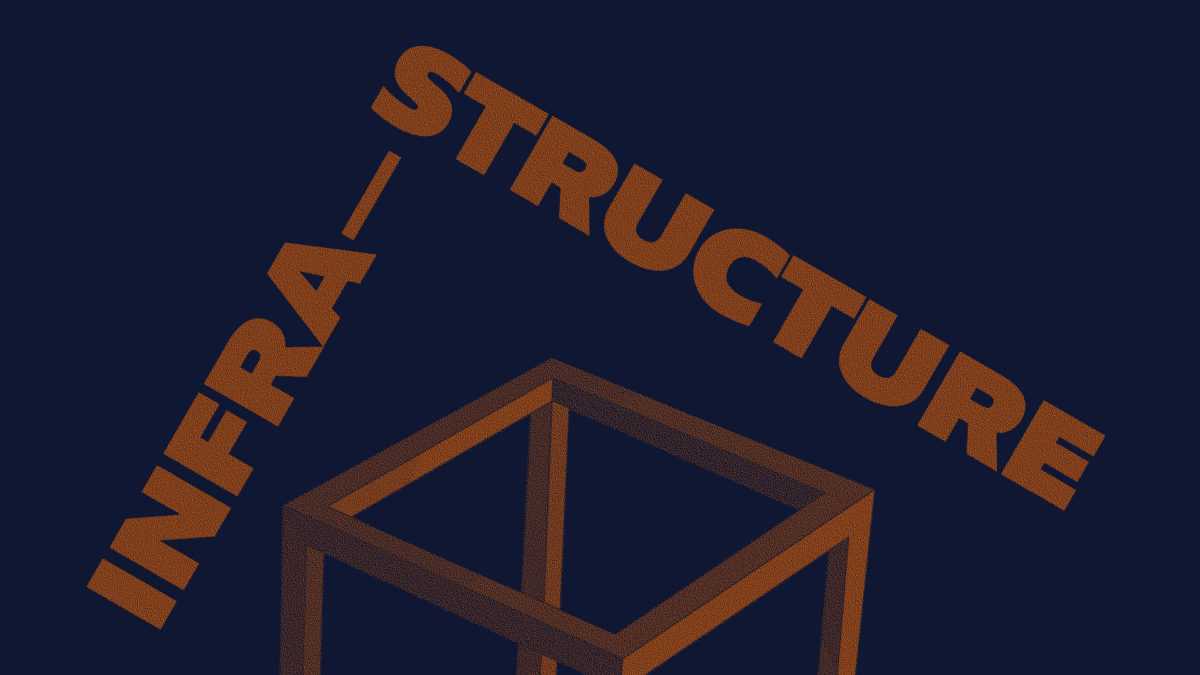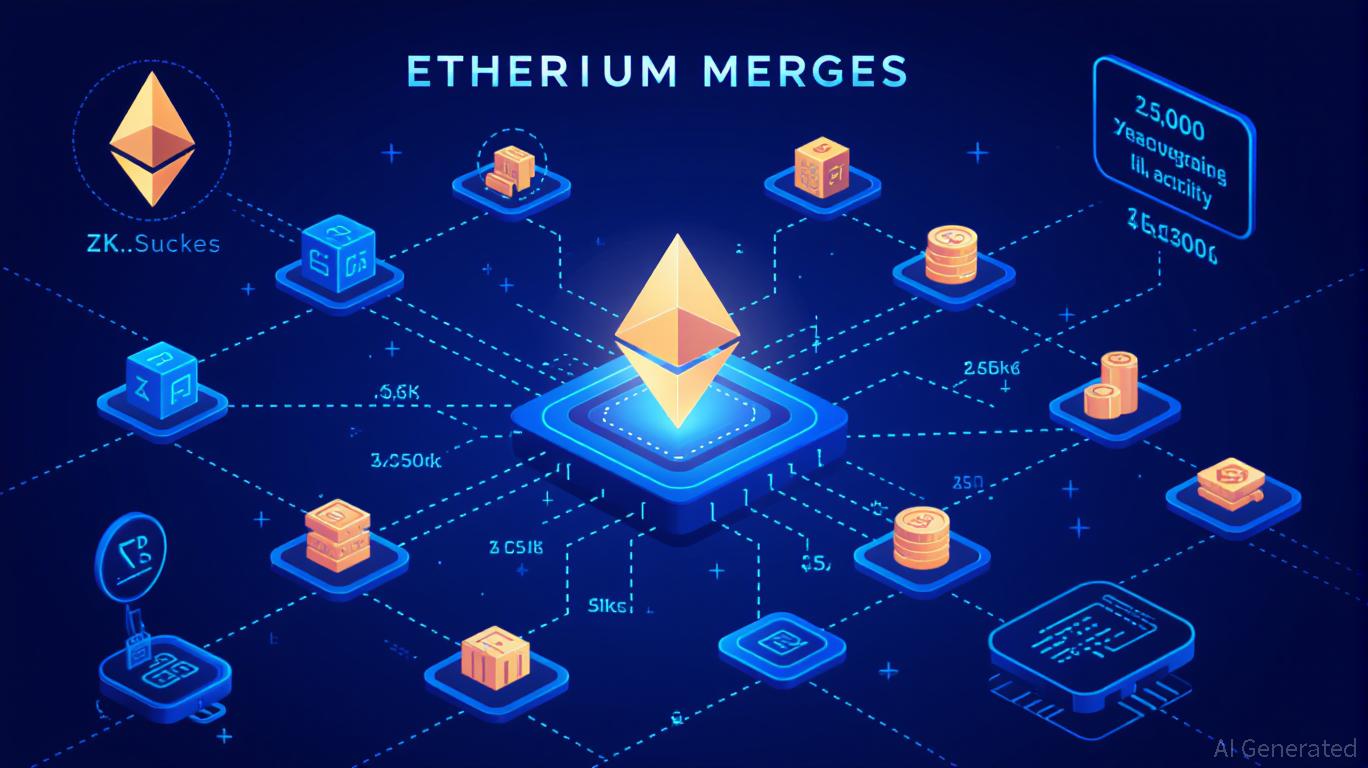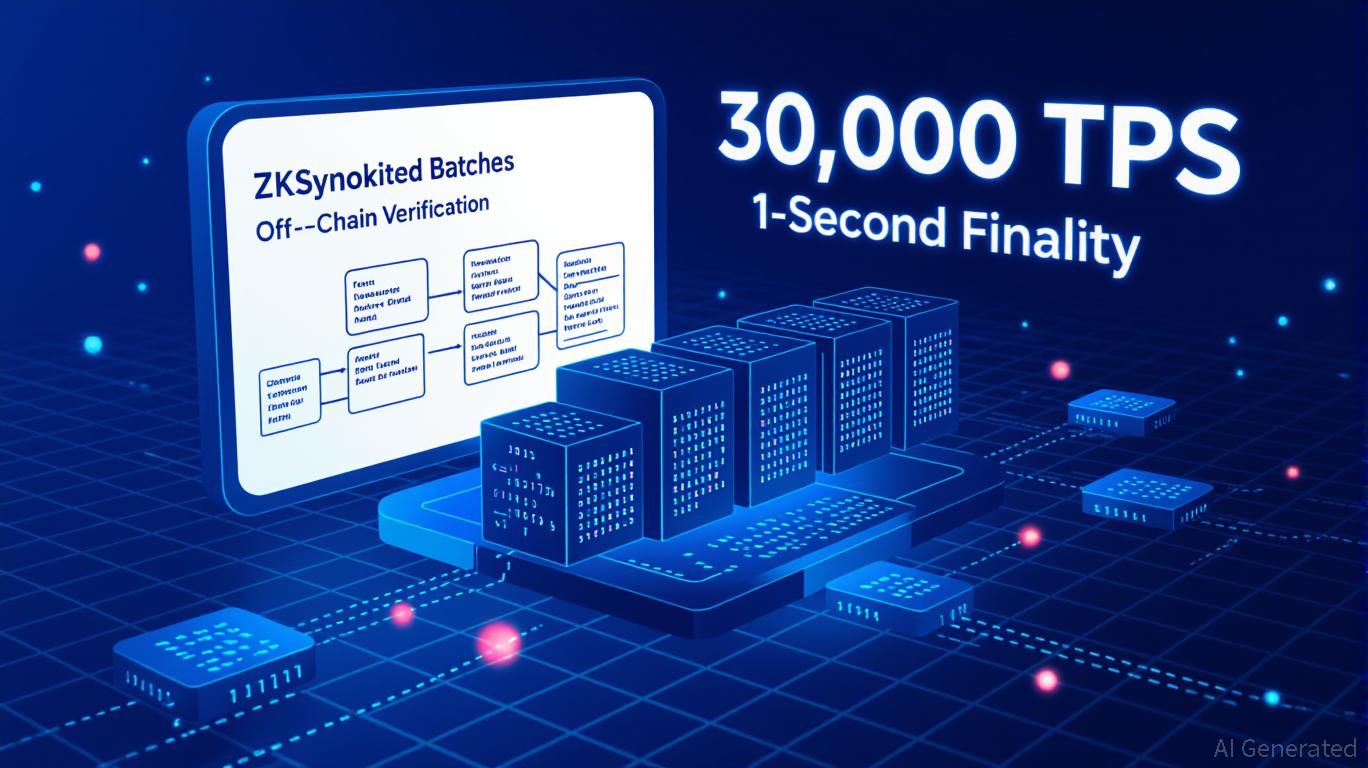Robot Ventures leads $5.2 million seed round for Sprinter, a 'solving-as-a-service' startup founded by Ethereum OGs
Quick Take Sprinter, a crosschain “solving-as-a-service” infrastructure startup, raised $5.2 million in a seed round led by Robot Ventures alongside several notable angels. The protocol is looking to improve transaction execution performance in part by providing solvers and market makers with collateral-free credit.

Robot Ventures is leading a $5.2 million seed round for Sprinter, a crosschain "solving-as-a-service" infrastructure startup.
The fundraise also received support from A Capital, Atka Capital, Bond St Ventures, Topology, and Uniswap Labs Ventures, as well as angel investors like 0xbow’s Ameen Soleimani, Optimism’s Eva Beylin, WAGMI Ventures’ Chen Zituo, among others.
Sprinter is aiming to improve the functionality of blockchain solvers, the burgeoning sector of competing off-chain bots, algorithms, and market-makers that perform onchain actions on behalf of users.
The protocol, currently in private beta, is built around two core products: Sprinter Stash, a crosschain credit protocol providing liquidity access to solvers and market makers without requiring collateral; and Sprinter Solve, providing dApps, wallets, and protocols with request-for-quote-based swap APIs.
Sprinter Stash liquidity providers can deposit USDC into the protocol to earn solver fees. The protocol also offers a native governance token, SPRINT, to incentivize liquidity providers, solvers, and community participants and staking via veSPRNT.
The Ethereum-based protocol's team includes several Ethereum core developers and EIP authors, including Ethereum R&D firm ChainSafe Systems CEO Aidan Hyman and former ENS developer Dean Eigenmann.
Disclaimer: The content of this article solely reflects the author's opinion and does not represent the platform in any capacity. This article is not intended to serve as a reference for making investment decisions.
You may also like
Vitalik Buterin's Progress in Zero-Knowledge Technology and the Investment Opportunities within Ethereum's Layer-2 Ecosystem
- Vitalik Buterin prioritizes ZK technologies to optimize Ethereum's post-Merge scalability, targeting modexp precompile replacement for 50% faster ZK-proof generation. - ZKsync's Atlas upgrade enables 15,000+ TPS and near-zero fees by redefining L1-L2 liquidity, positioning ZK-based L2s as Ethereum's infrastructure backbone. - Dencun's "blob" data slashes L2 costs by 98%, driving Base and Arbitrum to surpass Ethereum's base layer in transaction volume and user adoption. - ZK L2s like ZKsync and StarkNet s

Vitalik Buterin Supports ZKsync: What This Means for Layer 2 Scaling
- Vitalik Buterin endorses ZKsync, highlighting its ZK-rollup tech as critical for Ethereum's scalability and decentralization goals. - ZKsync's Atlas upgrade achieves 30,000 TPS with 1-second finality, enhancing programmability while maintaining on-chain security. - The project faces competition from Arbitrum and Optimism but differentiates through privacy, low fees, and Ethereum compatibility. - Rigorous audits and emergency response protocols strengthen ZKsync's security, though real-world performance r

ZK Atlas Enhancement: Driving Blockchain Expansion and Business Integration in 2025
- ZKsync's 2025 Atlas Upgrade introduces a high-performance ZK stack with 15,000+ TPS, redefining blockchain scalability through modular Layer 2/3 infrastructure. - The upgrade enables bridge-free Ethereum interoperability and supports EVM/RISC-V/WASM compatibility, addressing enterprise needs for hybrid blockchain solutions. - Institutional adoption surges with ZK token's 50% price jump and $19M+ partnerships, though legacy system integration and regulatory clarity remain key challenges. - BaaS compatibil

ZK-Related Cryptocurrencies: Reasons Behind the ZK Surge in November 2025
- ZK crypto sector dominates 2025 market via on-chain adoption and institutional validation, driven by privacy-compliant infrastructure and real-world use cases. - Zcash (ZEC) surges 400% as shielded pool hits 20% supply, while Immutable (IMX) builds $920M gaming ecosystem using ZK-powered zkEVM technology. - Worldcoin (WLD) advances biometric verification without data exposure, and Succinct's OPL scales ZK infrastructure for enterprise adoption. - Institutional capital prioritizes ZK projects with measura

